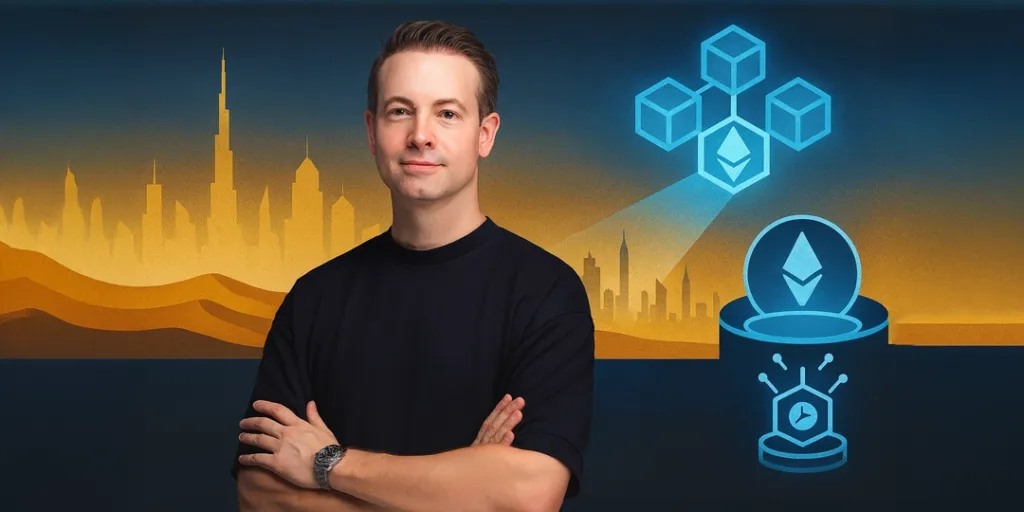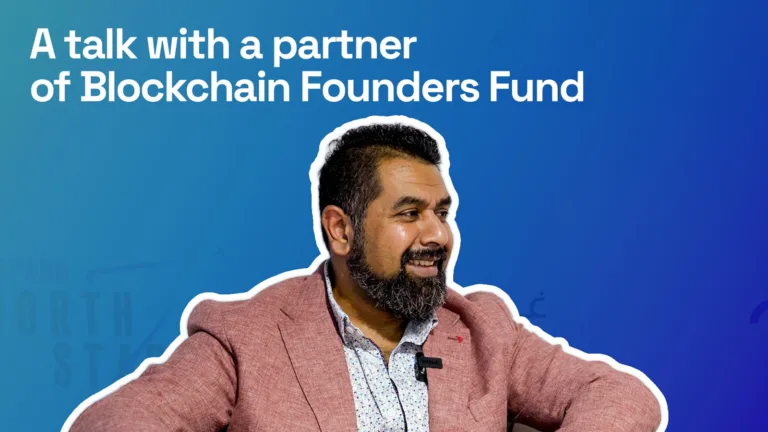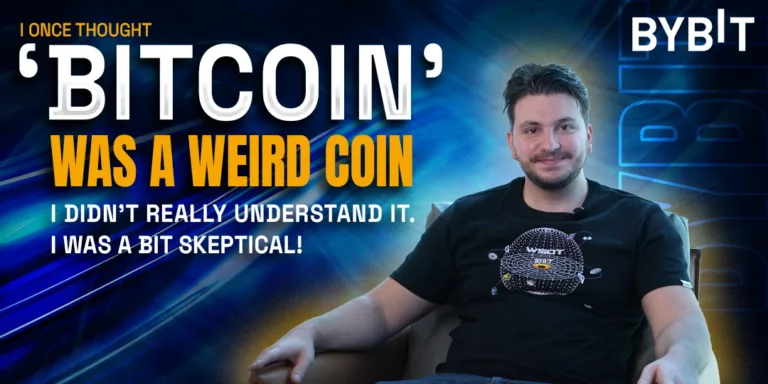Christoph Richter shifted after 17 years in sales and trading at some of the world’s largest banks to co-founding the digital assets proprietary trading venture Vol Capital. Most recently, he’s joined Figment, the world’s leading independent staking provider, a move that might have seemed like a leap, but for him it was a natural next step in a journey that began with investing in Bitcoin in 2017 and has now come full circle in the Middle East.
Christoph, recently appointed as Head of Business Development for Figment in the region, believes the Gulf has reached a tipping point when it comes to the adoption of digital assets. “The UAE has some of the most advanced digital asset regulation. It has a very strong ecosystem ranging from major exchanges to asset managers and companies relocating international headquarters to the UAE,” he said. “For Figment, it has been a key strategic decision to put the first person on the ground here, and we look forward to growing the business and the headcount accordingly.”
From trading floors to blockchain infrastructure
Before Figment, Christoph co-founded Vol Capital, a proprietary trading venture focused on quantitative strategies in Bitcoin and Ethereum options. But the lure of staking drew him in. “Staking is a different way of generating rewards on your digital assets, a return for validating transactions”, he explained.
Christoph has been personally interested in staking since 2018, when he first heard Ethereum co-founder Vitalik Buterin outline how staking would be introduced to Ethereum. “I’ve kind of seen it come a long way from the conceptual stage outlined by Vitalik to implementation, and now, actually, I would say mass adoption,” he said.
Clearing misconceptions about staking
Part of Christoph’s role in the Middle East is educational. One of the core points Christoph emphasizes is the difference between protocol staking and what many exchanges or digital asset services label as “staking.” “A lot of the staking that you can find on platforms such as exchanges is actually lending,” he explained. “Protocol staking means you retain custody over your assets at all points in time; the access to the tokens is just delegated to a staking as a service provider, like Figment, that is validating transactions on the blockchain and generating a reward.”
By contrast, he cautions that “other products dubbed as staking require transferring assets out of your self-custody wallet, introducing counterparty risks and removing your direct control over those funds.” It’s also why the company emphasizes its track record. With over $17 billion in assets under stake and more than 1,000 institutional clients, Figment has never experienced a double-signing slashing event, the risk of losing tokens if a validator misbehaves.
What’s important to me is that Figment has a professional infrastructure and a long track record, which I think is critical for institutional investors,
Staking as an institutional tool
Christoph sees staking becoming a core part of institutional portfolios. “We’ve gone from digital assets being dismissed to being regulated, and now to mass institutional adoption,” he said. He also points out a unique angle for the region: staking aligns with principles of Islamic finance. “We think that staking is particularly attractive here because it’s considered compliant with Islamic finance,” Christoph explained. “It’s a reward for work performed, not interest“.
Lessons from a personal journey
Looking back on his own experience, Christoph highlights two important lessons: patience and resilience. Both were essential as he navigated the transition from traditional finance to the fast-paced world of crypto infrastructure. He then talks about the staking industry as a whole.
Anyone in digital assets has been surprised by how resilient this industry has been
He continues, “It’s survived so many challenges. In his view, Bitcoin, Ethereum, and Solana, are here to stay, for both retail and institutional investors.
Building for the future
As Figment expands in the Gulf, Christoph believes the region’s unique mix of regulatory clarity, institutional appetite, and cultural fit could make it a global hub for staking. “What investors in the Middle East want is proof of concept,” he said. “When they see that we already work with some of the largest institutions globally, the conversation shifts. It becomes about building the infrastructure together, locally.” For Christoph, the real opportunity lies in demonstrating how traditional finance and digital finance don’t have to be seen in opposition, but rather complementary.








